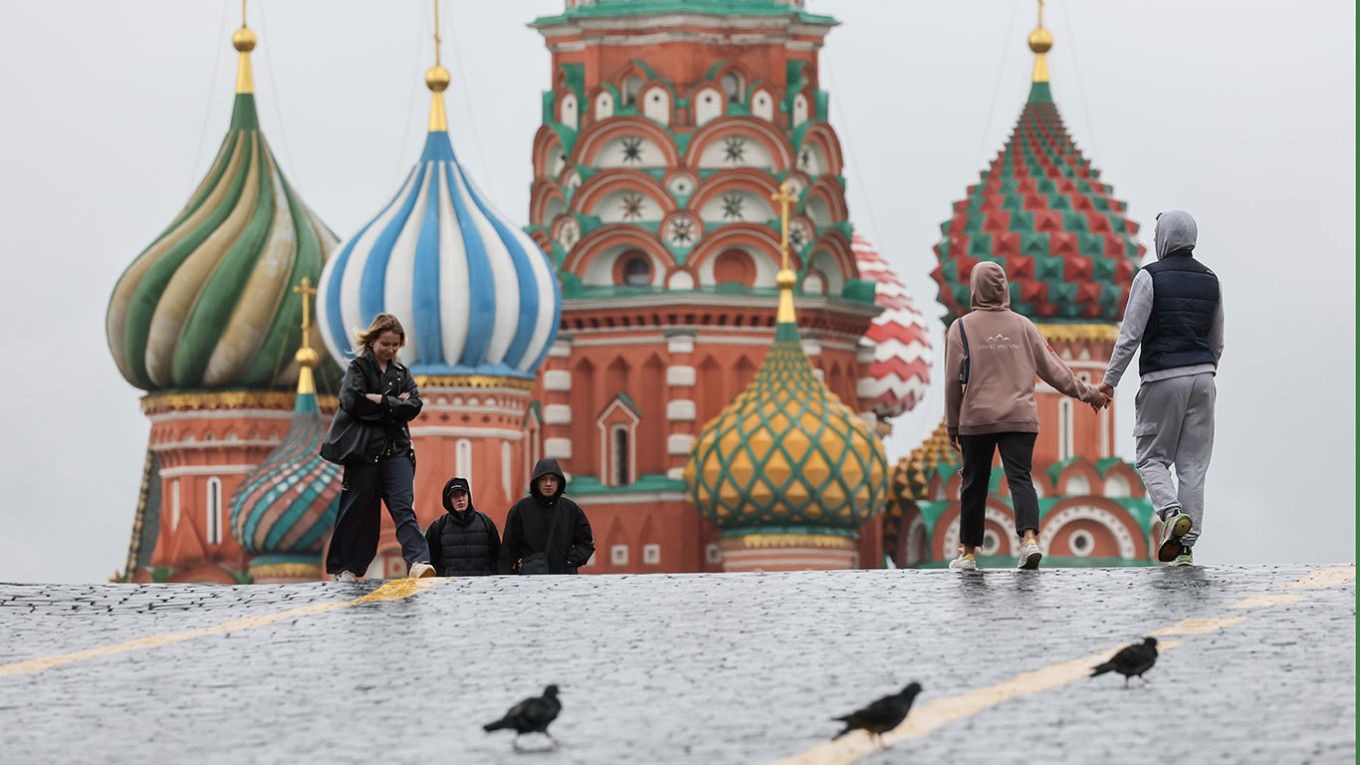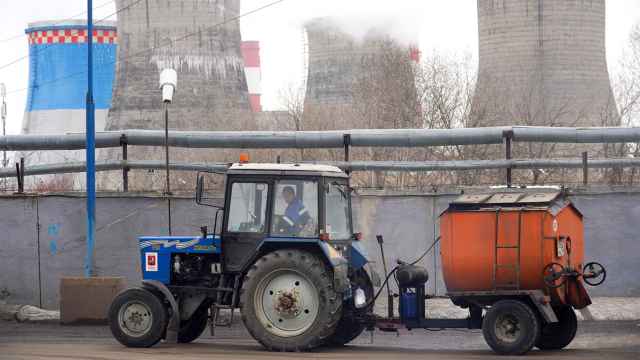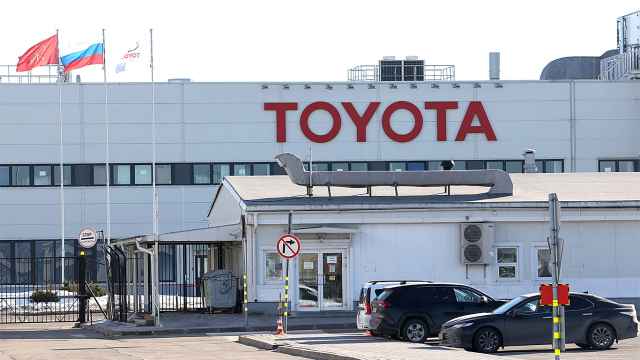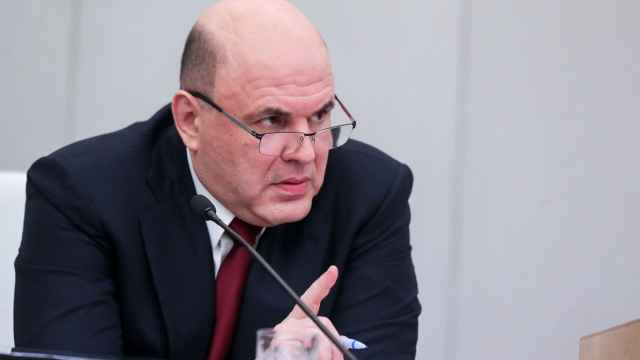Uncertain personal finances and the national economic climate are among Russians' top reasons for delaying or forgoing having children, according to survey results obtained by the RBC news website.
The survey, conducted by the CSP Platform and the company Online Interviewer, polled respondents from a variety of socioeconomic backgrounds and allowed participants to choose up to five factors that influence their decisions about parenthood.
Among the 1,200 respondents aged 18 to 49, 79% chose financial circumstances as a deterrent to having children.
Half said their income, or their partner’s, was too low to support a child.
Uncertainty over the future attributed to ongoing crises or environmental issues was cited by 41%, while 39% referred to the economic situation in Russia.
About one-quarter of the respondents expressed concern about losing their livelihood after starting a family, with a similar amount citing the “international geopolitical climate” among their worries.
When asked which government interventions might encourage them to have children, 69% suggested state-subsidized monthly allowances per child.
Roughly half of the respondents indicated that additional state maternity capital payments would encourage them to have more children.
Currently, the state offers families 677,000 rubles ($7,000) for the birth of the first child, and an additional 894,000 rubles ($9,300) for the birth of a second child.
Nearly half (46%) of the respondents said that a stable socio-economic environment was necessary.
For those not planning to have children, the prospect of significant financial expenditures remained the primary objection.
Other barriers to having children cited by respondents included a “sense of incomplete personal fulfillment,” insufficient housing, inadequate preschool systems and health concerns related to childbirth.
Yelena Churilova, a research fellow at the International Laboratory for Population and Health Studies, said that Russians have been identifying financial constraints as the main factor in family planning in similar surveys for a “significant time.”
She argues that this is logical, noting that parents begin to consider their capacity to support additional children after the birth of their first child.
Meanwhile, Russia’s birth rate has continued to decline despite authorities limiting access to abortions, promoting family growth and President Vladimir Putin’s repeated calls to have more children.
The World Bank estimated in 2023 that Russia is averaging 1.4 births per woman, significantly lower than the 2.1 replacement rate.
Demographer Alexei Raksha noted in April that the first quarter of 2025 saw the lowest number of births in Russia since the early 18th century.
By May, the Federal State Statistics Service had stopped publishing detailed demographic data.
The agency’s monthly report on the “natural movement of the population” omitted figures on births and deaths, as well as data on marriages and divorces.
All regional statistics on birth rates for the previous month have also been removed.
A Message from The Moscow Times:
Dear readers,
We are facing unprecedented challenges. Russia's Prosecutor General's Office has designated The Moscow Times as an "undesirable" organization, criminalizing our work and putting our staff at risk of prosecution. This follows our earlier unjust labeling as a "foreign agent."
These actions are direct attempts to silence independent journalism in Russia. The authorities claim our work "discredits the decisions of the Russian leadership." We see things differently: we strive to provide accurate, unbiased reporting on Russia.
We, the journalists of The Moscow Times, refuse to be silenced. But to continue our work, we need your help.
Your support, no matter how small, makes a world of difference. If you can, please support us monthly starting from just $2. It's quick to set up, and every contribution makes a significant impact.
By supporting The Moscow Times, you're defending open, independent journalism in the face of repression. Thank you for standing with us.
Remind me later.






